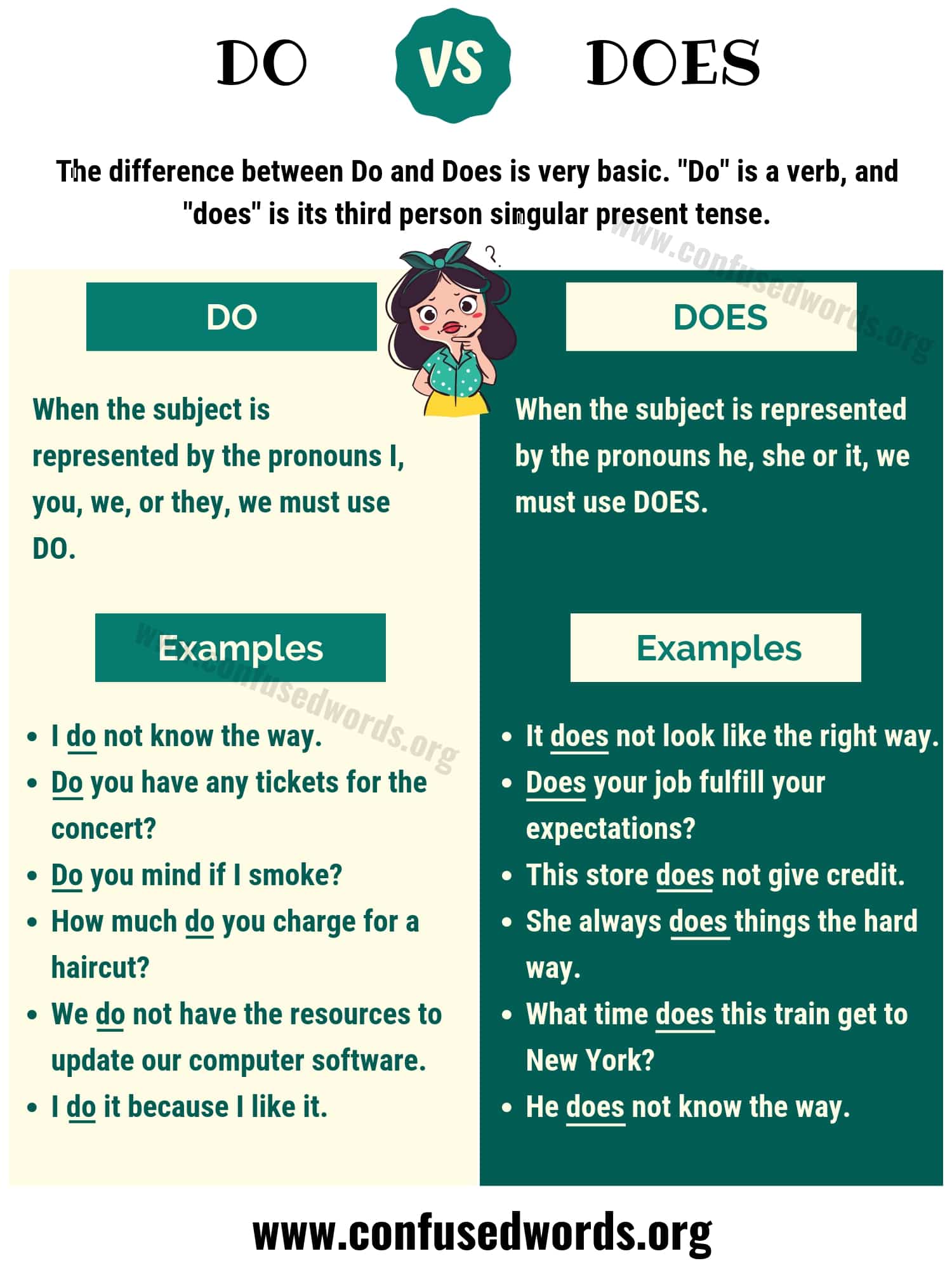Exploring the Countries with the World’s Leading Education Systems: What You Need to Know
Introduction: Understanding Global Education Excellence
Education systems around the world are continuously evaluated and ranked based on their quality, inclusivity, innovation, and outcomes. While there is no singular definition of the “best” education system, several countries are consistently recognized for their outstanding performance in literacy, mathematics, science, and higher education attainment. This article explores the leading education systems globally, examines what makes them successful, and provides guidance for families and students interested in accessing opportunities within these systems.
What Makes an Education System the Best?
The criteria for evaluating education systems typically include:
- Academic achievement in international assessments (such as PISA or TIMSS)
- High literacy and graduation rates
- Equity and inclusion in access to education
- Quality of teaching and infrastructure
- Government investment and policy innovation
Countries that regularly top global rankings invest heavily in teacher training, curriculum development, and student support services. Their systems are designed to foster both foundational skills and creative, critical thinking.
Top-Ranked Education Systems in 2025
According to recent global rankings and studies, several countries stand out for education excellence. It is important to note that rankings vary depending on the metrics and sources used. Here are some of the leading countries in 2025:
The Netherlands
The Netherlands is renowned for its innovative learning environments, inclusivity, and student-centered approach. Dutch schools perform well in literacy, math, and science, and the country boasts a literacy rate exceeding 99%. Nearly half of Dutch adults have completed tertiary education. The Netherlands invests approximately 5.4% of its GDP in education, maintaining a favorable average teacher-student ratio of 1:15. Dutch universities are highly respected for research and international collaboration [1] .
Singapore
Singapore is recognized for its rigorous academic standards and emphasis on mathematics and science. About 45% of the working-age population hold bachelor’s degrees or higher, reflecting a robust higher education system. Singapore offers multilingual instruction and a multicultural environment, attracting students worldwide. The government supports accessibility through scholarships and financial aid [3] .

Source: wallpapersafari.com
Finland
Finland’s education system is celebrated for its equity, minimal standardized testing, and highly trained teachers. Finnish schools emphasize creativity, critical thinking, and student well-being. Access to free education from early childhood through university is a hallmark. Finland consistently ranks among the top in international assessments [2] .
Germany
Germany is lauded for its dual education system, combining academic and vocational training pathways. The country has the highest average years of schooling among adults (14.3) and a high education index score of 0.957. German universities, especially in STEM fields, are highly ranked and offer tuition-free options for both domestic and many international students [4] .
Japan
Japan’s education system is known for discipline, high academic standards, and strong performance in science and mathematics. The country invests in early childhood education and maintains high graduation rates through secondary and tertiary levels. Japanese universities are globally respected, particularly in technology and engineering fields [2] .
Other Notable Countries
Other top performers in various global assessments include:
- Switzerland – Multilingual education, strong vocational pathways
- Belgium – Multilingual, regionally autonomous systems
- Ireland – High tertiary attainment, innovative teaching
- South Korea – High test scores, rigorous curriculum
- Denmark, Norway, and Sweden – Strong social support and inclusive policies
Comparing Rankings: Why Results May Differ
Different organizations use varied criteria for ranking education systems. For example:
- The UNDP’s Education Index measures both average and expected years of schooling [4] .
- International assessment programs like PISA focus on student performance in specific subjects [5] .
- Other rankings may emphasize higher education attainment or overall access and equity.
As a result, countries like China, Korea, and Finland may rank higher in standardized test scores, while nations such as Germany and the Netherlands are recognized for broader educational outcomes and system quality.
Accessing World-Class Education: Practical Steps
For students and families seeking to benefit from leading education systems, several pathways are available:

Source: irememberjfk.com
- International Study: Many top-ranked countries offer programs for international students. To apply, research the admissions requirements on the official websites of universities or education ministries in your country of interest. For example, Dutch universities provide detailed application instructions and support for international applicants.
- Scholarships and Grants: Financial aid is frequently available for international students. Use keywords like “[Country] government scholarships for international students” when searching official education ministry or university websites. Singapore and Germany, for example, have robust scholarship programs for foreign students.
- Exchange Programs: Consider student exchange programs offered through your home country’s universities or school systems. These programs often have established partnerships with leading institutions abroad.
- Language Preparation: Many countries require proficiency in the language of instruction (such as Dutch, German, or Finnish). Some universities offer preparatory language courses or accept internationally recognized tests like IELTS or TOEFL for English-taught programs.
- Vocational Training: Countries like Germany and Switzerland are known for their vocational education tracks. If interested, search for “[Country] vocational training for international students” on official government or institutional sites for guidance on eligibility and application.
If you are unsure where to start, contact the embassy or consulate of the country whose education system interests you. They often provide information on student visas, recognition of qualifications, and available study opportunities. Alternatively, consult the official website of the country’s ministry of education. For example, to learn about studying in the Netherlands, search for “Study in Holland” and review information provided by Nuffic (the Dutch organization for internationalization in education).
Challenges and Considerations
While accessing world-class education can offer significant advantages, there are potential challenges:
- Language Barriers: Not all programs are available in English. Preparing in advance with language study is vital.
- Cost of Living: Even if tuition is low or free, living expenses in some countries (e.g., Switzerland, the Netherlands) can be high. Research the cost of accommodation, healthcare, and daily expenses before making plans.
- Recognition of Qualifications: Ensure your intended degree or diploma will be recognized in your home country or where you plan to work.
- Visa and Immigration Policies: Requirements can change. Always consult official government sources for up-to-date visa guidance.
Alternative Approaches and Pathways
If direct study abroad is not feasible, consider:
- Online and Distance Learning: Many top universities offer online degree programs or Massive Open Online Courses (MOOCs) accessible worldwide. Search for “[Country] university online programs” for official listings.
- International Schools at Home: Some countries have internationally accredited schools operating locally, which follow leading global curricula.
- Partner Institutions: Some universities have campuses or partnerships abroad, allowing you to access their programs without relocating.
Key Takeaways
No single country universally dominates every aspect of education. The Netherlands, Singapore, Finland, Germany, Japan, and several others are consistently recognized for excellence. Accessing these systems requires research, preparation, and consideration of your personal goals and circumstances. Begin by identifying your priorities-such as field of study, language, and budget-and use official resources for the most accurate information. Remember, the “best” education system is ultimately the one that aligns with your aspirations and provides the support and opportunities you need to succeed.
References
[1] Global Citizen Solutions (2025). Countries with Best Education: 2025 Rankings and Analysis. [2] World Top 20 Project (2025). World Best Education Systems: Final Rankings. [3] AviationA2Z (2025). Top 10 Most Educated Countries of the World in 2025. [4] DataPandas (2025). Education Rankings by Country 2025. [5] World Population Review (2025). Education Rankings by Country 2025.
MORE FROM 9scholarships.de













